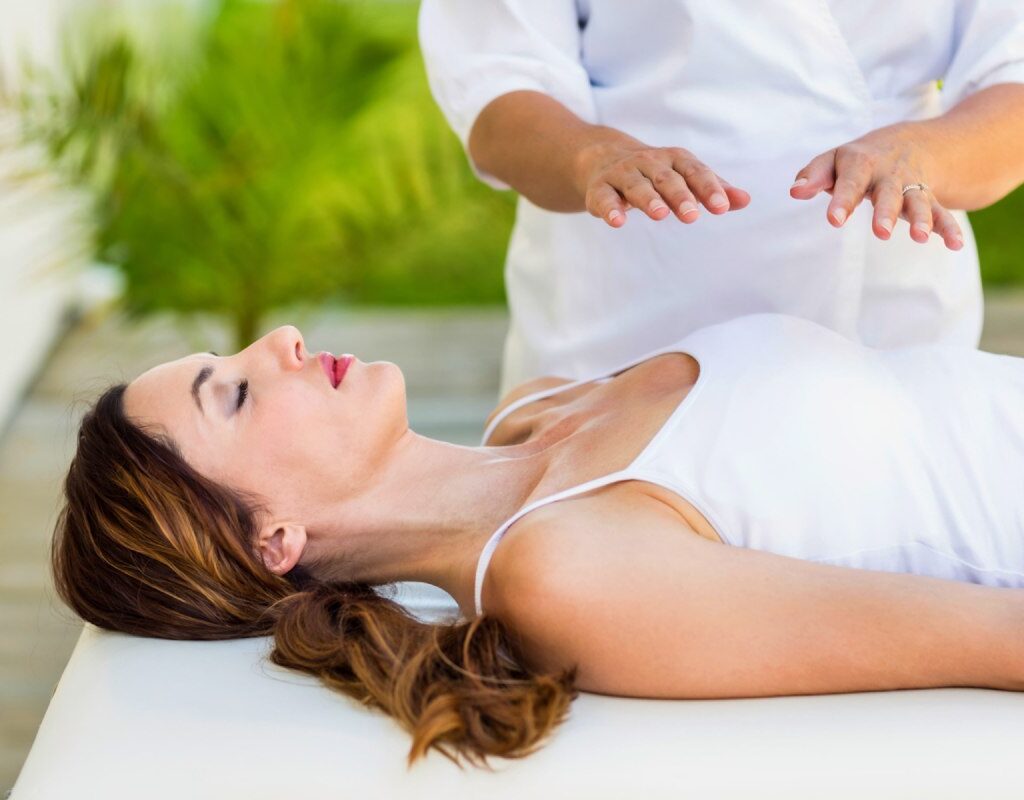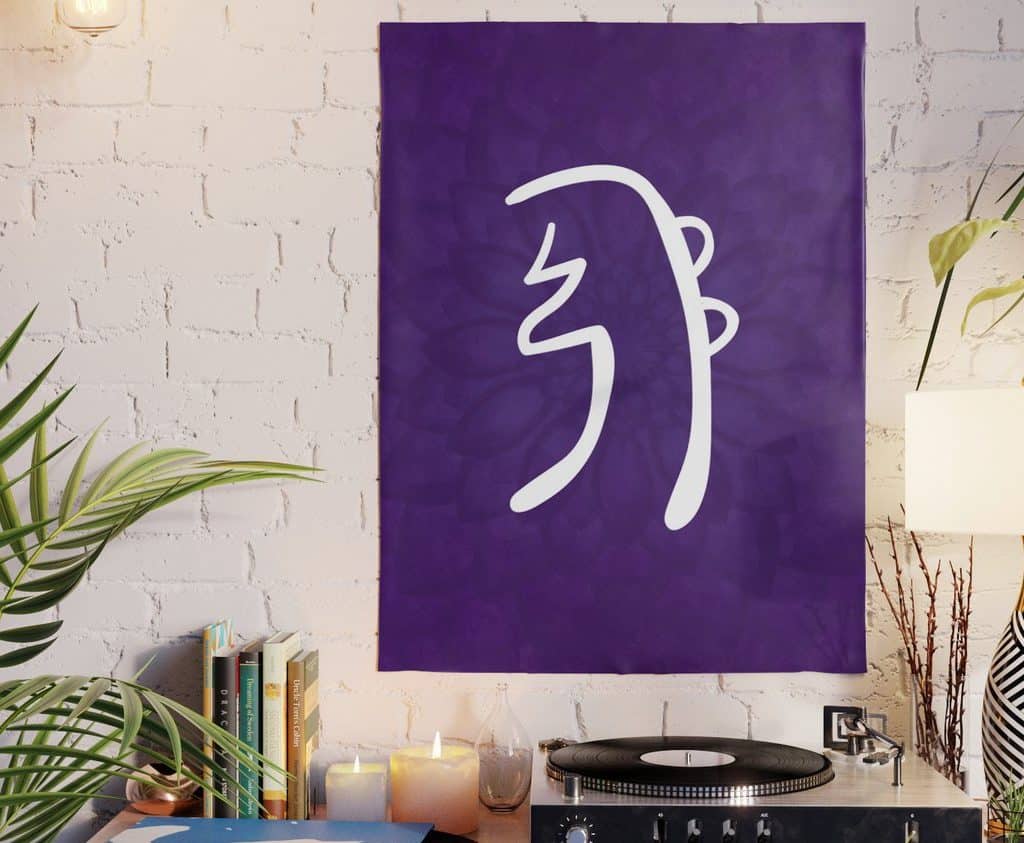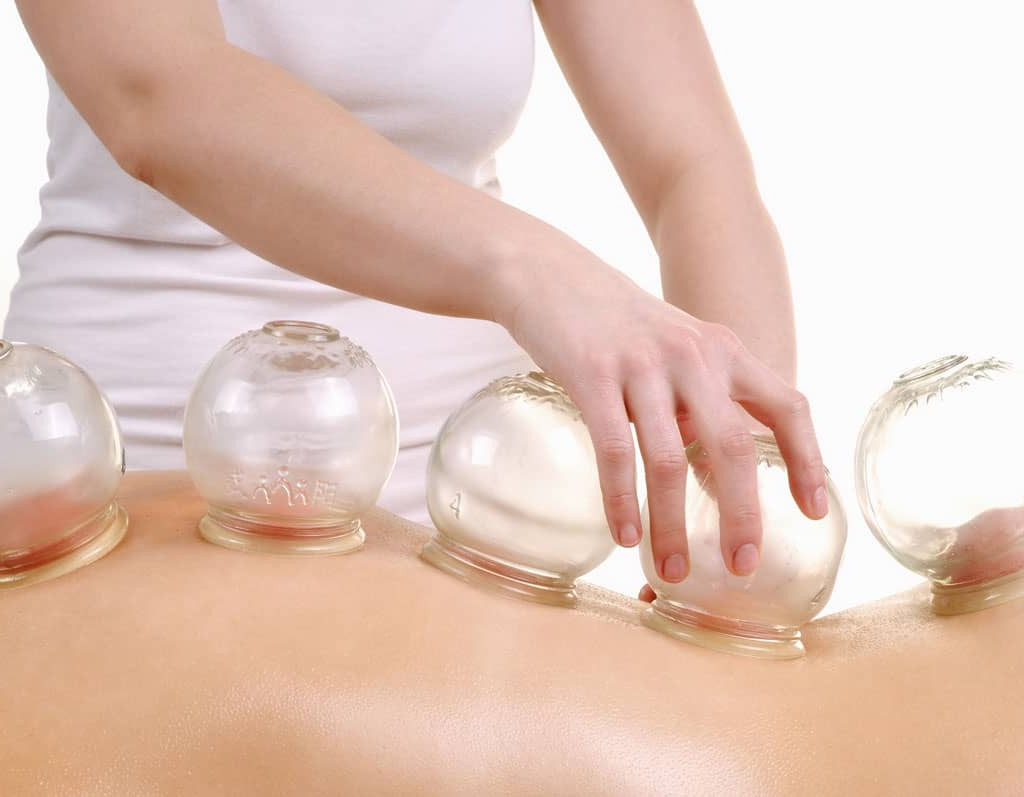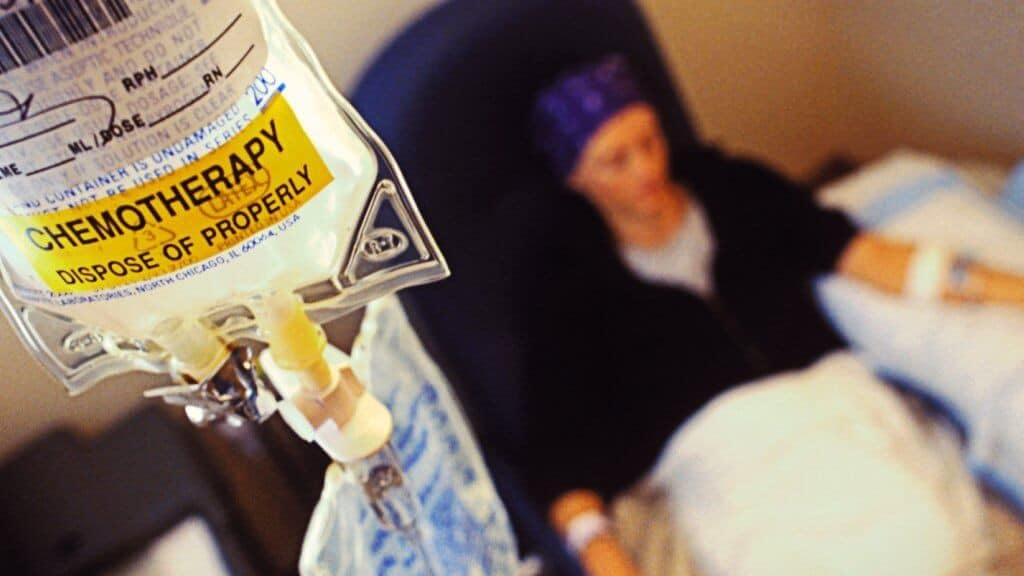Seeking harmony of body and mind amid the daily tumult? Reiki, an ancient practice with deep roots, is now embraced by contemporary medical institutions globally. This auxiliary energy therapy provides many with solace and significant enhancement in life quality.
Reiki in Ceuta: Bridging Ancient Techniques and Modern Medicine
From Its Japanese Roots to a Worldwide Presence: Reiki’s Role in Holistic Health in Ceuta
Over the past fifteen years, Ceuta has witnessed a surge in the recognition of complementary medical approaches. Lauded by distinguished international medical bodies, these methods aim to coexist with, not replace, traditional medicine.
Reiki stands out notably in this realm.
Originating from Japan, Reiki focuses on energy channeling. While Mikao Usui, the master, is credited for reviving this method in the late 19th century, ancient records elucidate its symbols and rituals. These documents attest to Reiki’s longstanding presence, deeply anchored in Asian traditions.
Distinct from allopathic medicine that targets individual ailments and symptoms, Eastern medicine adopts a holistic lens, encompassing body, mind, and spirit. Within this framework, Reiki is among the myriad complementary therapies that, when paired with standard treatments, amplify benefits for patients.
In Ceuta, Reiki has transcended private confines. Over recent years, Reiki specialist volunteers have proffered sessions to the intrigued or necessitous. Through these engagements, individuals can firsthand discern Reiki’s merits, grasping how this energy conduit augments their holistic health.
It’s paramount to underline that, while beneficial, Reiki doesn’t aspire to supplant conventional medicine.
Its mission? To work in tandem, bolstering a patient’s vitality and resilience, thereby potentiating the favorable outcomes of standard medical regimens.
Reiki: Harnessing Vital Energy and Its Connection to Eastern Traditions
From Yoga to Reiki: Delving into Vital Energy and Chakras in Comprehensive Medicine
The term “Reiki” hails from Japan, split into two segments: “Rei,” denoting universal, and “Ki,” signifying vital energy. Yet, this isn’t its sole designation. In China, it’s labeled “chi”, while in India, it’s termed “prana”. Across the ages, diverse cultures have cultivated methodologies to harmonize and amplify this force.
Engaging practices, like yoga and tai-chi, meld breathing routines, focus, and stances. Such endeavors aim to harmonize and bolster vital energy. Conversely, acupuncture — a cornerstone of traditional Chinese medicine — pivots on energy equilibrium. This is achieved by inserting needles at precise bodily locales. Parallelly, shiatsu employs tactile techniques on energy nodes to reinstate equilibrium.
Eastern medicine adopts a comprehensive perspective of the human physique. It postulates that a tangible discrepancy mirrors an energetic one. Hence, to attain comprehensive well-being, addressing both the tangible and energetic dimensions is paramount.
A standout therapy within this domain is Reiki. Herein, the adept, after rigorous training, masters the art of channeling and equalizing vital energy. The modus operandi entails placing hands over designated zones of the recipient’s form.
Distinct from its counterparts, it eschews robust physical interventions or needle applications.
At Reiki’s core lie the “chakras”, pivotal energy locales within our anatomy. The seamless operation of these chakras directly influences vital organs and glandular functions. Beyond chakras, Reiki also interfaces with “nadis”, conduits facilitating the circulation of vital energy.
Universal Energy Transmission and Modern Medicine’s Paradigm Shift
From Fringe to Forefront: The Ascendance of Reiki in Global Medical Institutions
A distinguishing feature of Reiki, setting it apart from other modalities, is that practitioners do not draw upon their own energy reservoirs. Instead, they serve as conduits for a boundless universal energy. This energy, seamlessly channeled, restores equilibrium to the recipient’s energy framework.
It’s pivotal to acknowledge that Reiki doesn’t purport to directly heal ailments. Its core intent lies in catalyzing the body’s intrinsic self-balancing mechanisms. Essentially, it primes the body to initiate its innate healing pathways.
Significantly, Reiki stands apart from any religious or philosophical affiliations. It’s an autonomous modality, devoid of ties to particular belief structures. This universality renders it approachable to all, irrespective of individual credos.
Its integration into contemporary medical practices speaks volumes about its efficacy and potential advantages. It has transcended its alternative roots to secure a spot within the mainstay of medicine. Premier global hospitals now incorporate Reiki into their therapeutic regimens.
In the UK, notably, Reiki has been woven into the national healthcare tapestry. Such formal endorsement underscores the esteem with which this technique is held within medical circles.
Spain mirrors this progressive stance. Prestigious medical facilities there boast dedicated Reiki teams. For instance, Madrid’s Hospital 12 de Octubre leverages Reiki in pivotal units like pediatrics, oncology, and pain management.
An ancillary boon of Reiki lies in its detoxifying prowess. Moreover, studies indicate its potential to mitigate adverse reactions stemming from standard medical interventions. Those who’ve embraced Reiki frequently attest to enhancements in overall well-being.
Beyond Relaxation: Pursuing Emotional and Physical Equilibrium
Navigating Contemporary Strain: The Role of Reiki in Promoting Mental Acuity and Overall Health
A chief merit of Reiki lies in its prowess to instill an encompassing serenity, transcending merely the physical to envelop the mental. In today’s tumultuous world, where our minds are perpetually gripped by daily anxieties, Reiki offers a sanctuary, a respite from the ceaseless tide of strain.
On the emotional front, Reiki serves as an adept medium to liberate stifled emotions. These bottled-up sentiments, when unvoiced, can foster internal barriers detrimental to life’s quality. Through Reiki therapy, individuals are accorded a secure avenue to navigate and dispel such feelings, culminating in a rejuvenated and equilibrated state of being.
Indeed, equilibrium is a term intrinsically linked with Reiki.
The therapy, while addressing emotional disparities, equally targets physiological ones. By bolstering the body’s innate realignment faculties, Reiki sparks pathways pivotal for enhanced health and holistic vitality. Beyond these immediate advantages, sustained Reiki engagements amplify the results progressively.
Individuals weaving Reiki into their quotidian lives—either as recipients or self-practitioners—chronicle a pronounced elevation in life quality. This enhancement is discernible not just physically but also in terms of heightened mental lucidity and inner tranquility.
Amidst the present-day milieu, where society grapples with relentless upheavals and life’s cadence often feels overbearing, it’s imperative to harness modalities fostering self-preservation and holistic health.
Reiki stands out as a universally approachable instrument, proffering an organic and potent avenue to elevate life’s quality and ascend to a loftier cognitive plane. In an era rife with ubiquitous stressors, Reiki emerges as a beacon of solace and stability.
Far from being a mere alternative modality, its synergy with mainstream medicine accentuates its profound import. If you’re on a quest for a transformative shift, both emotionally and physically, Reiki beckons. Embrace the allure of harmony.
This article was penned by the renowned author Irina Jiménez, exclusively for The Ceuta Town Newspaper




